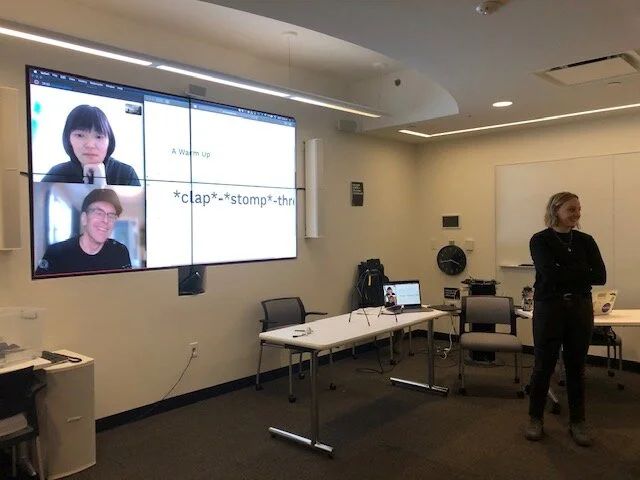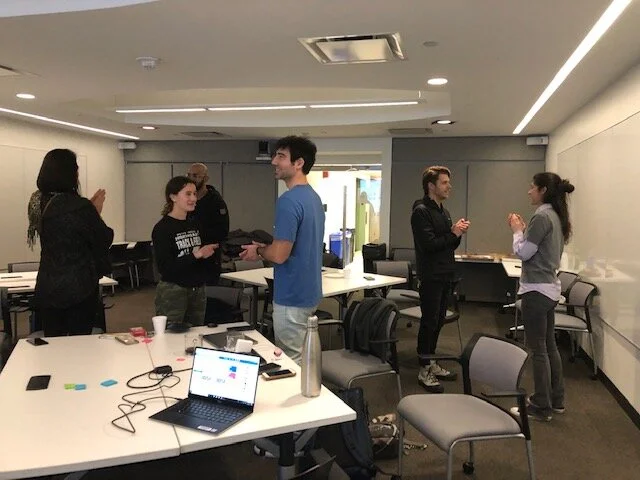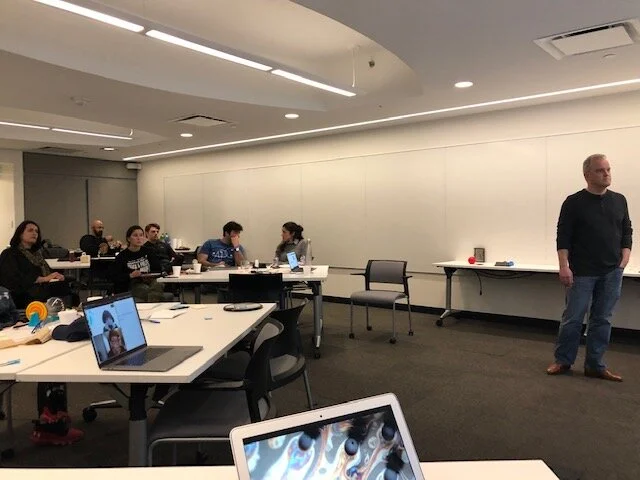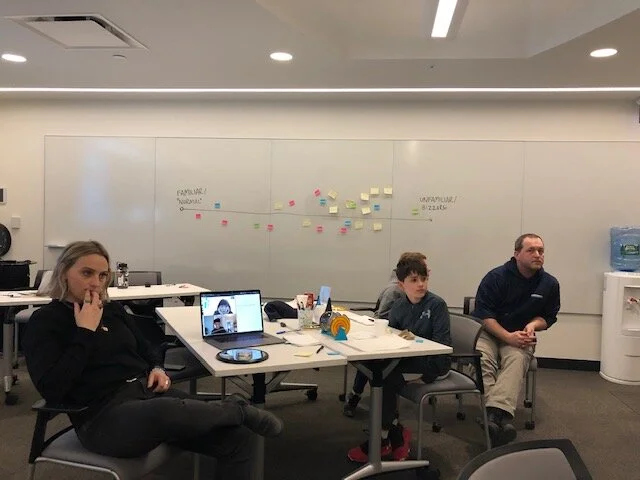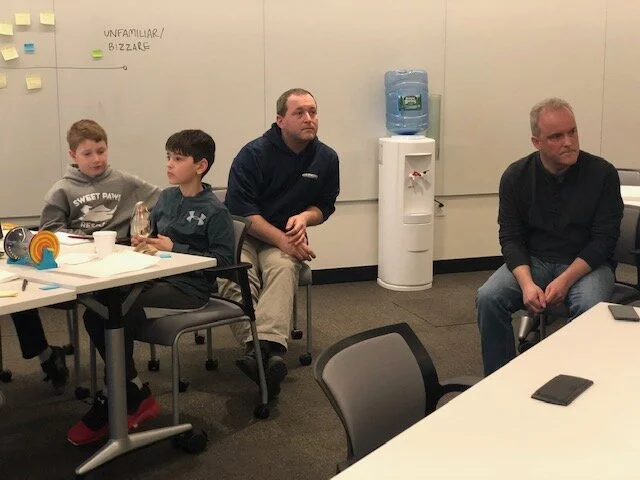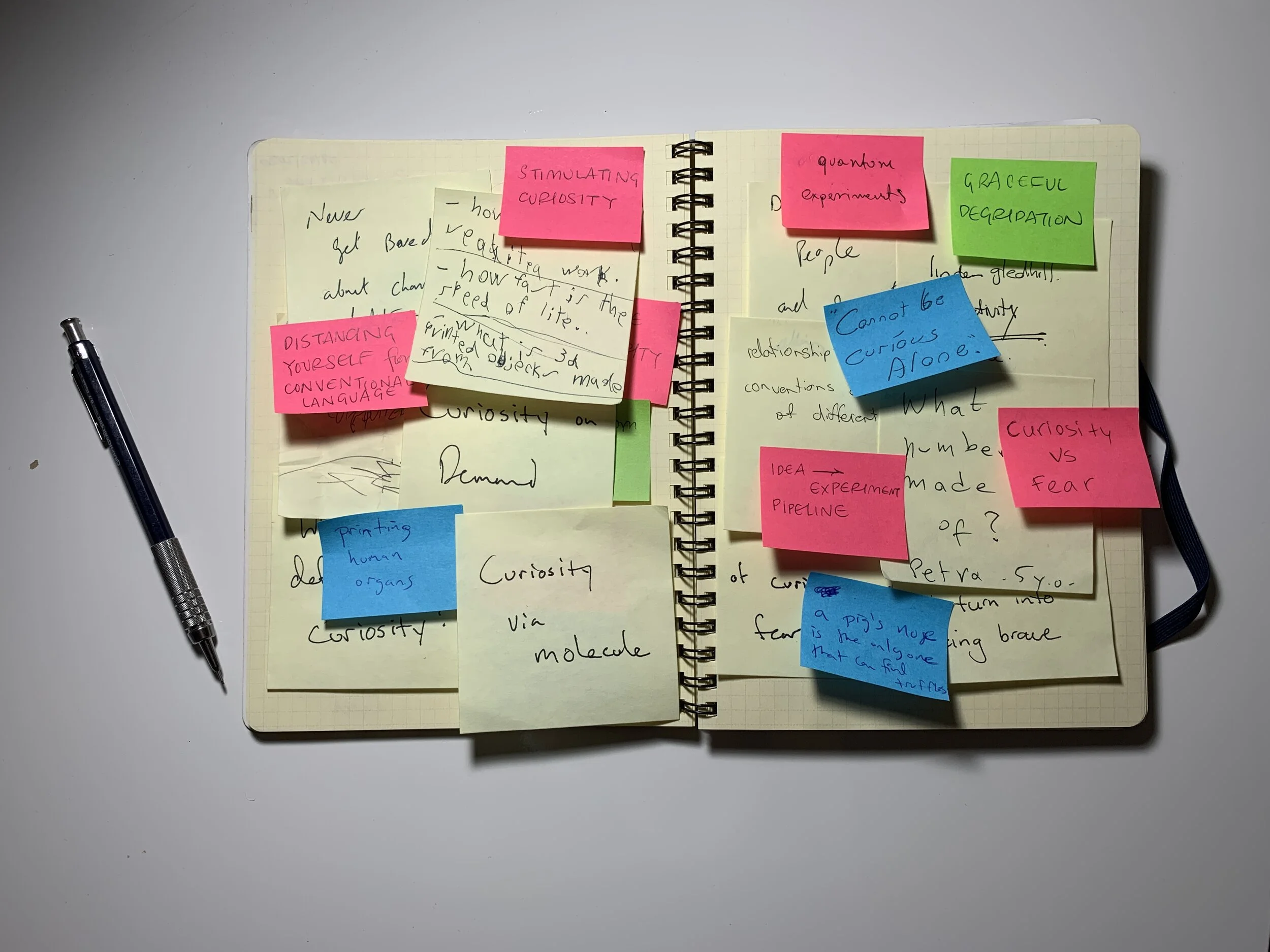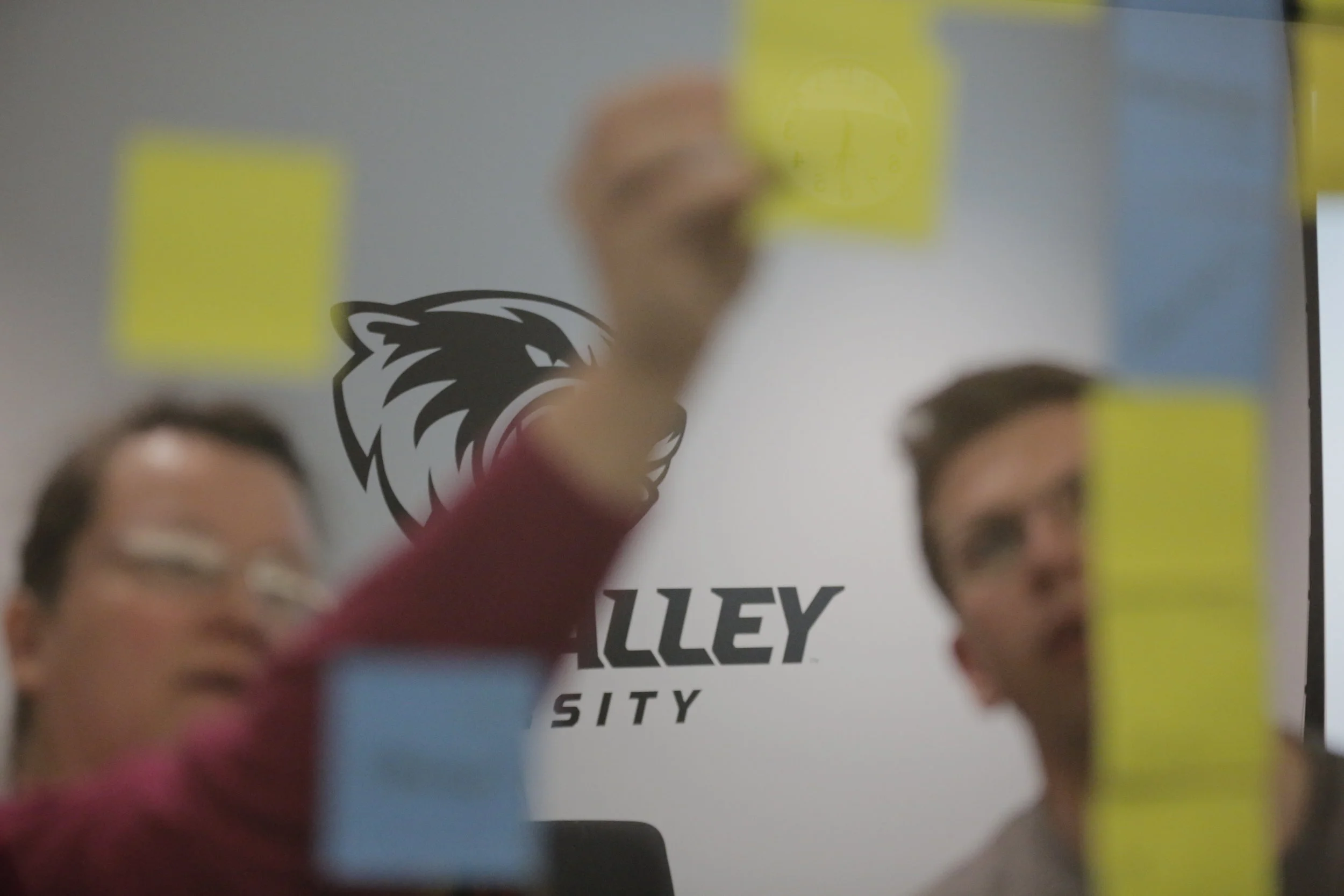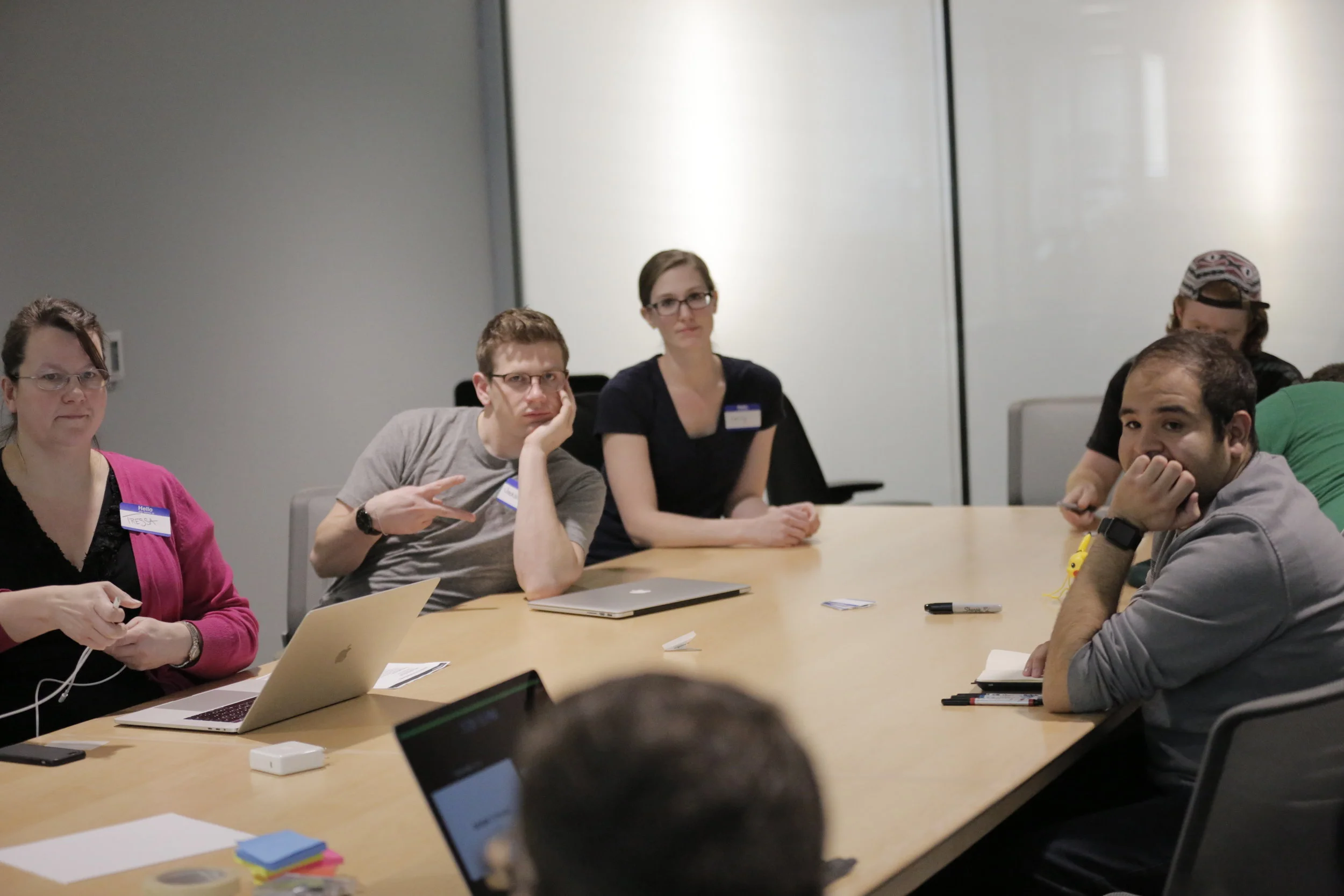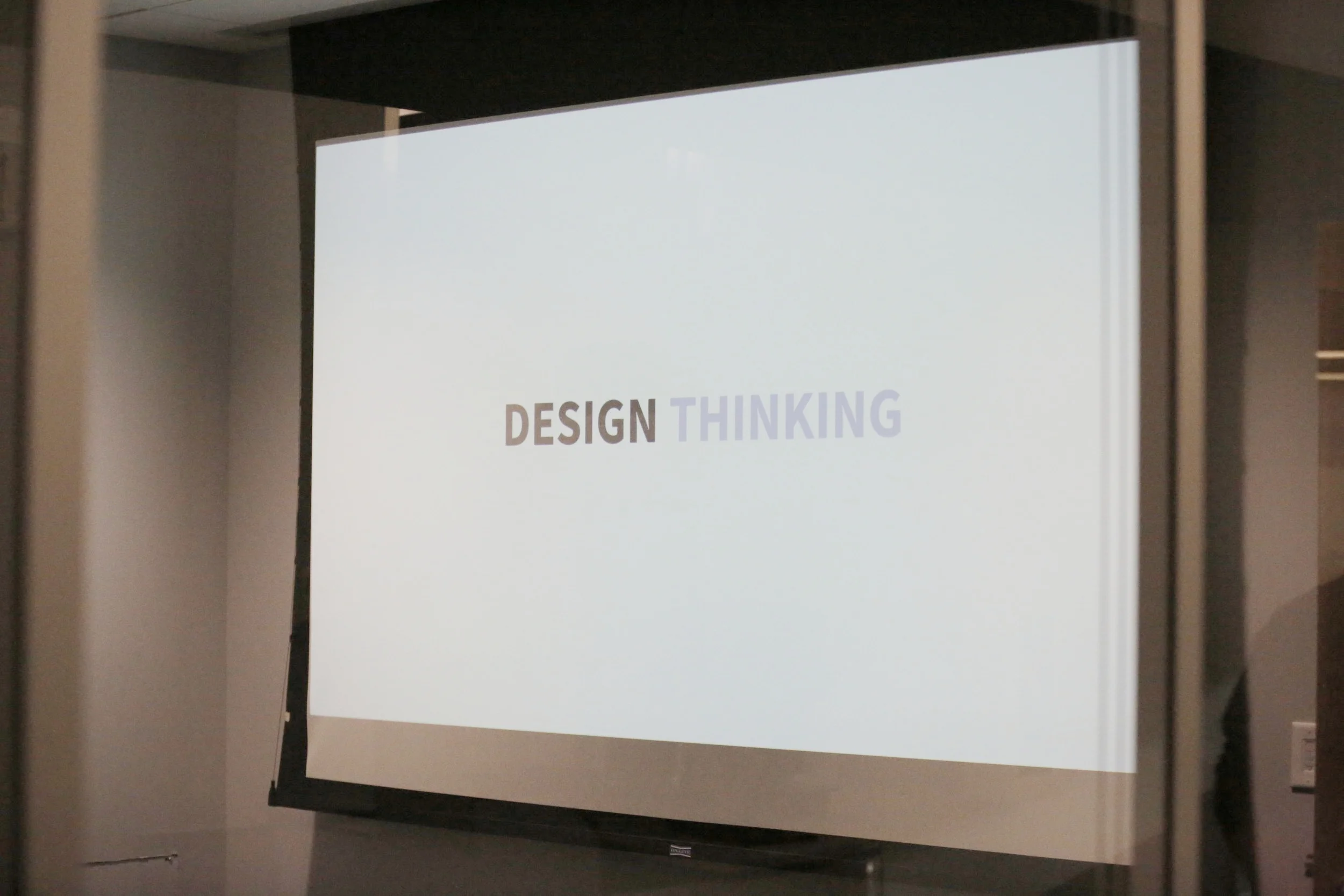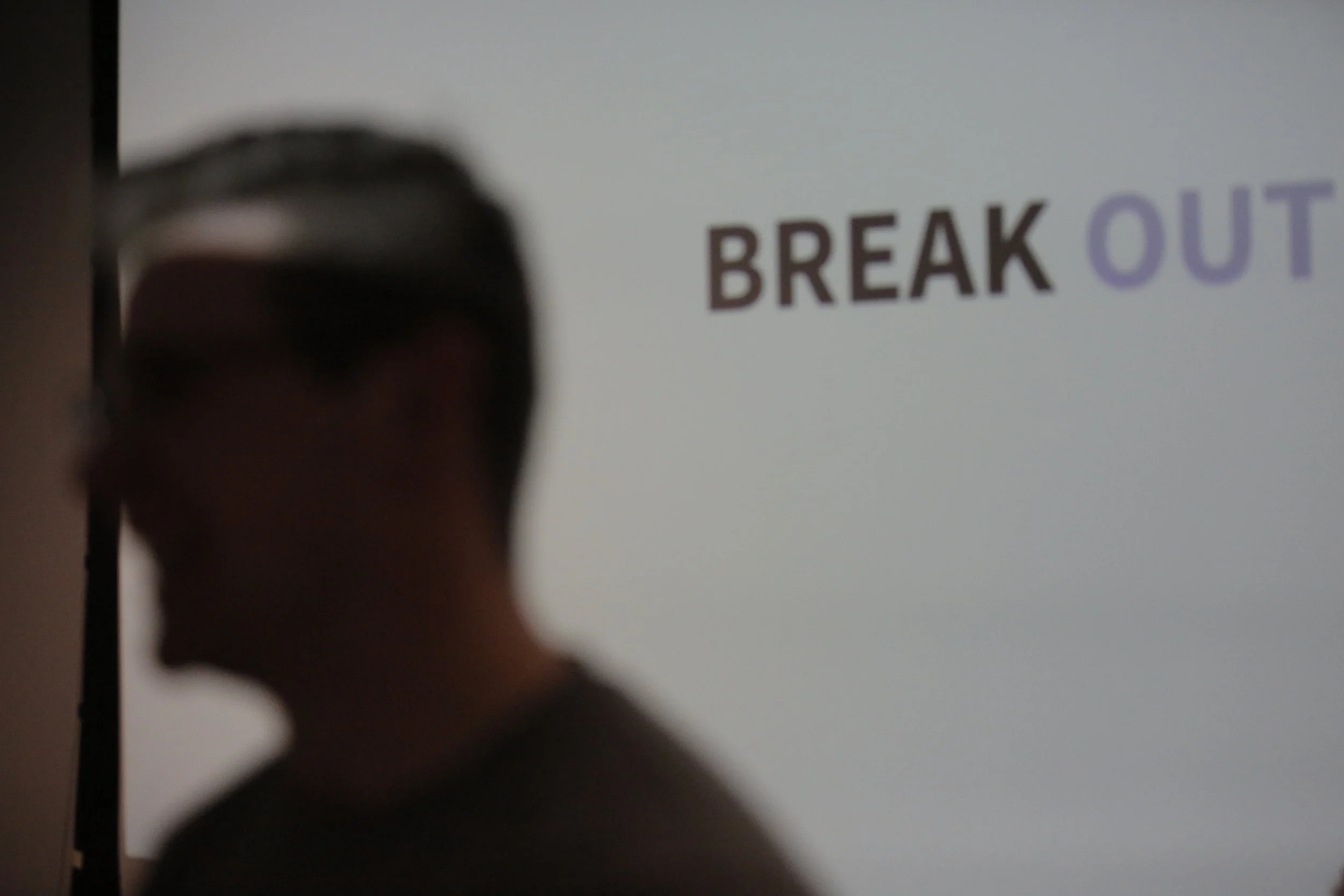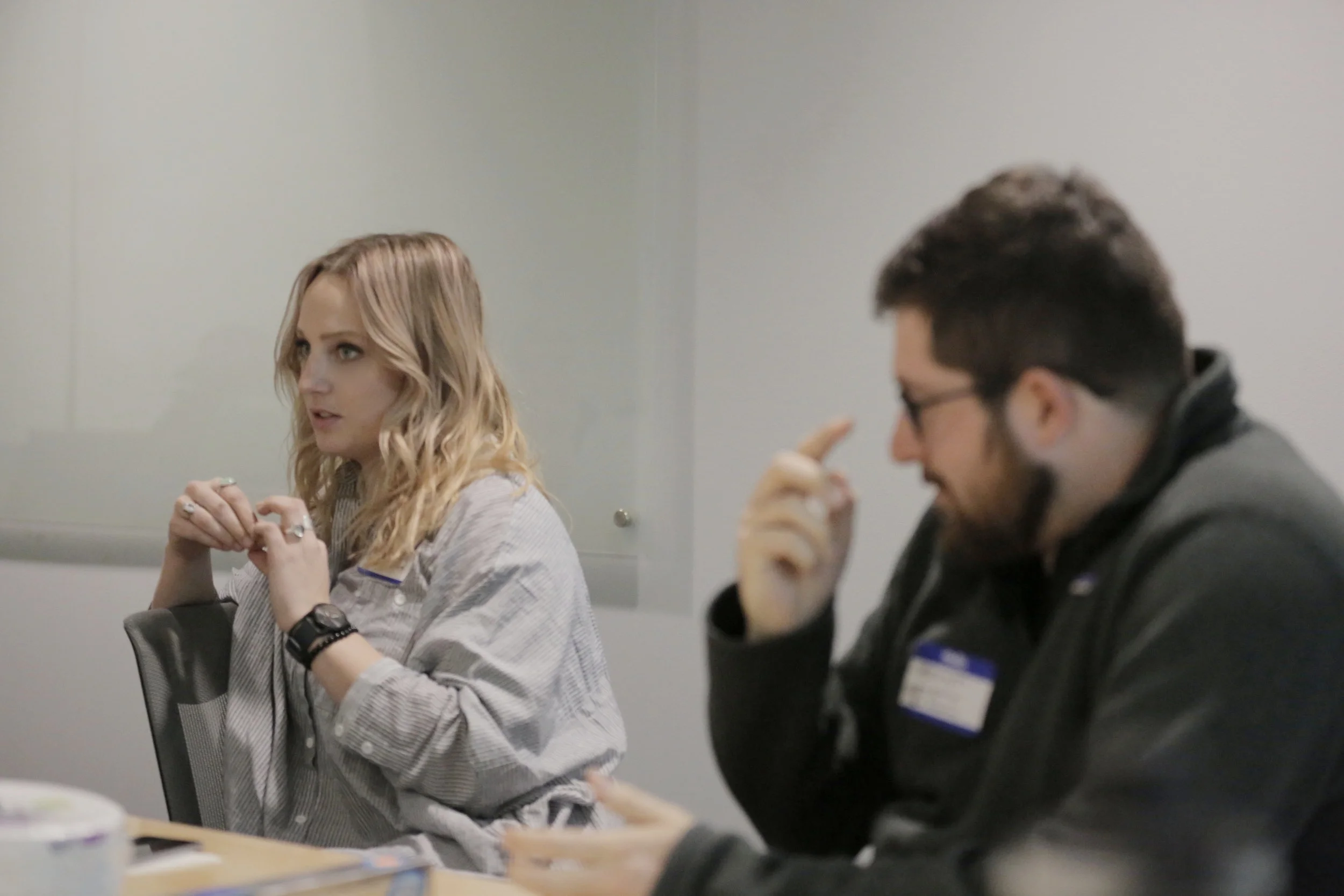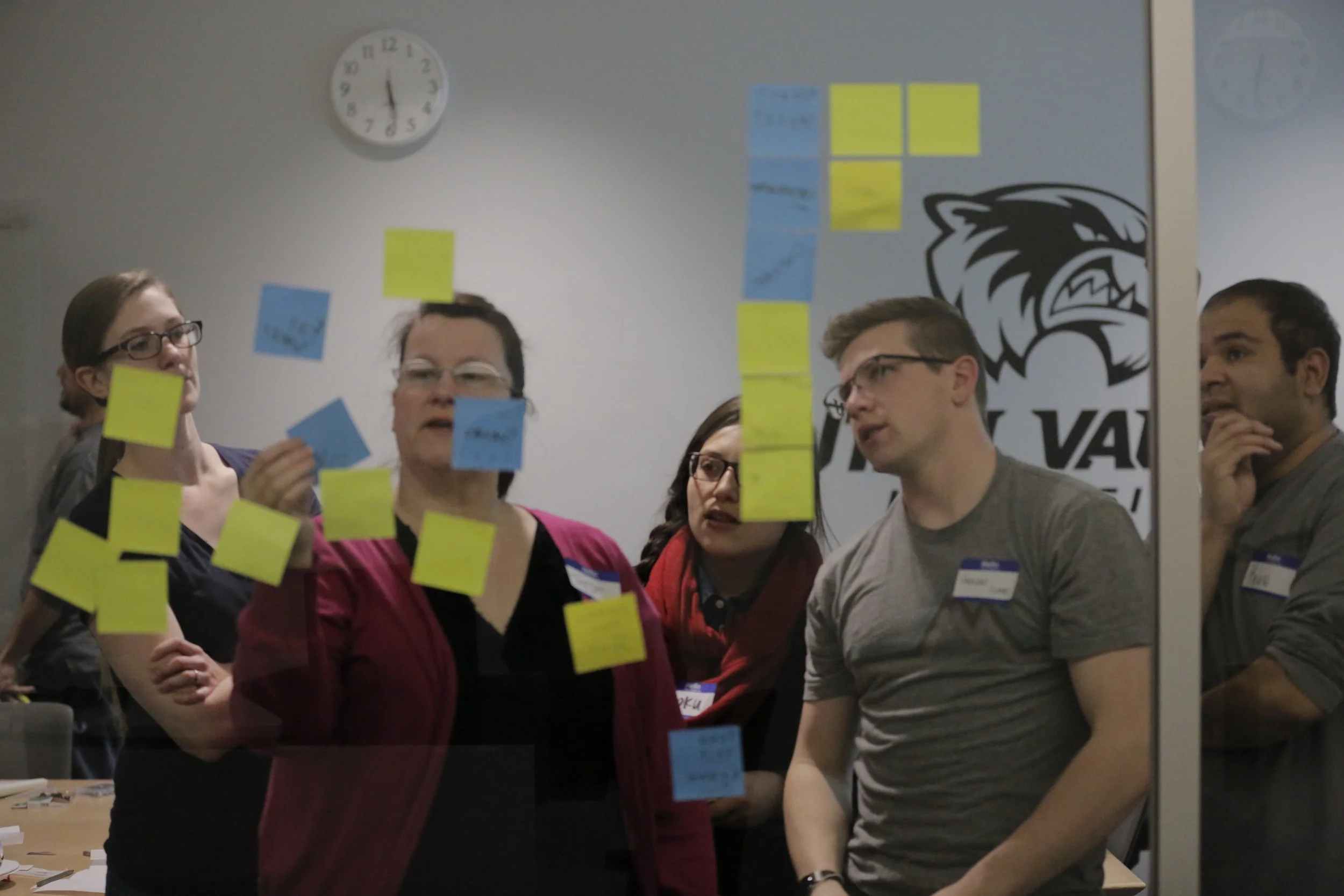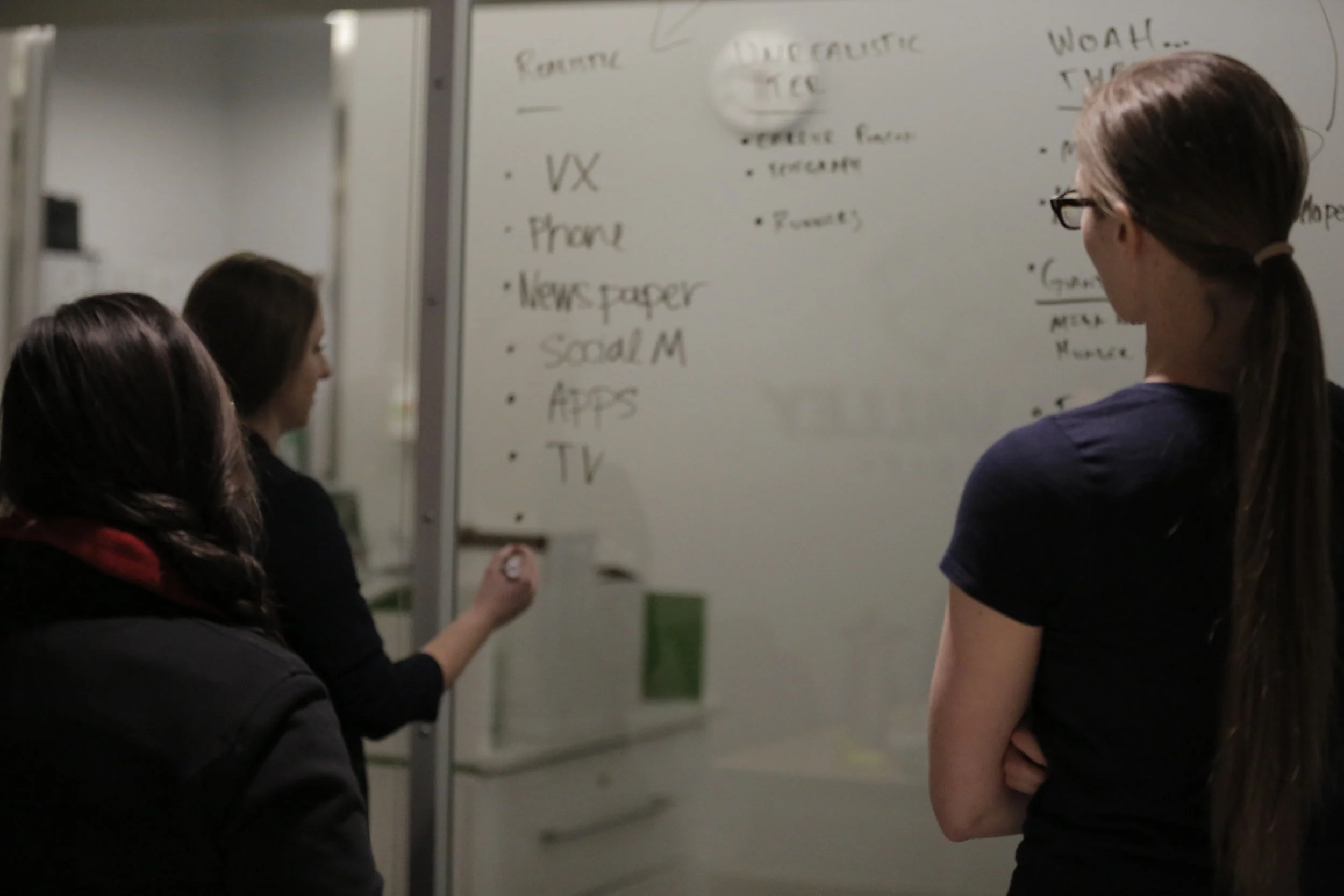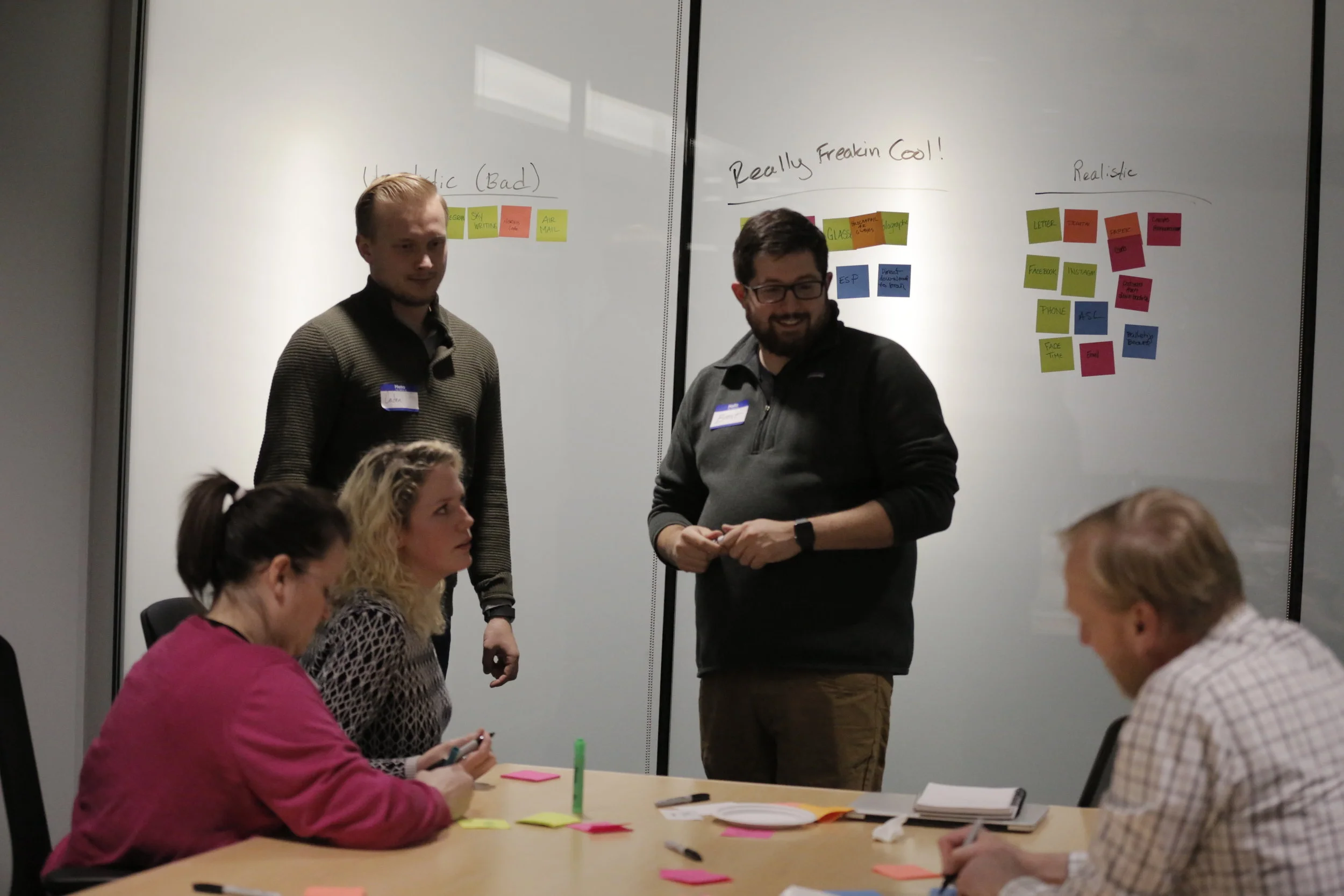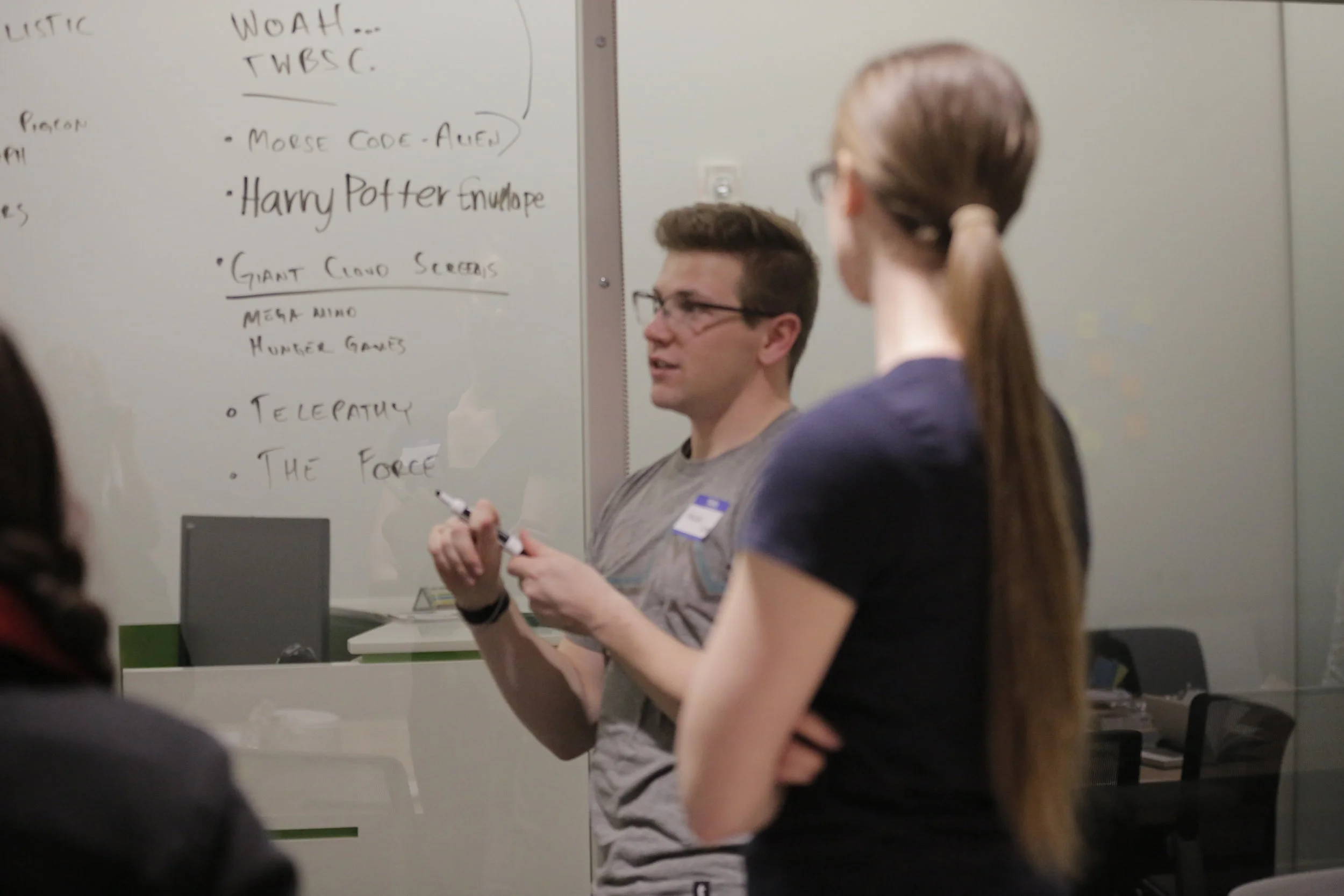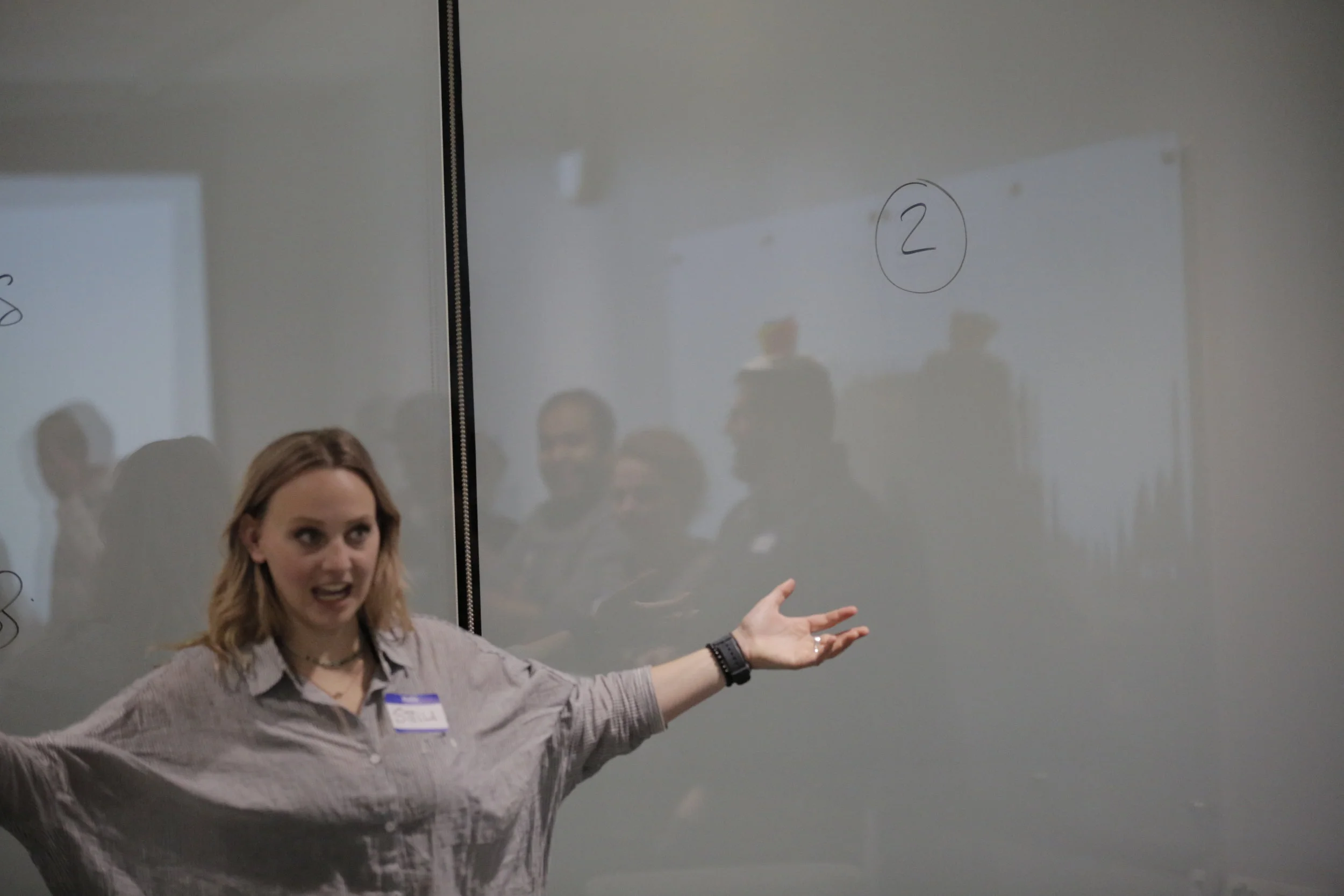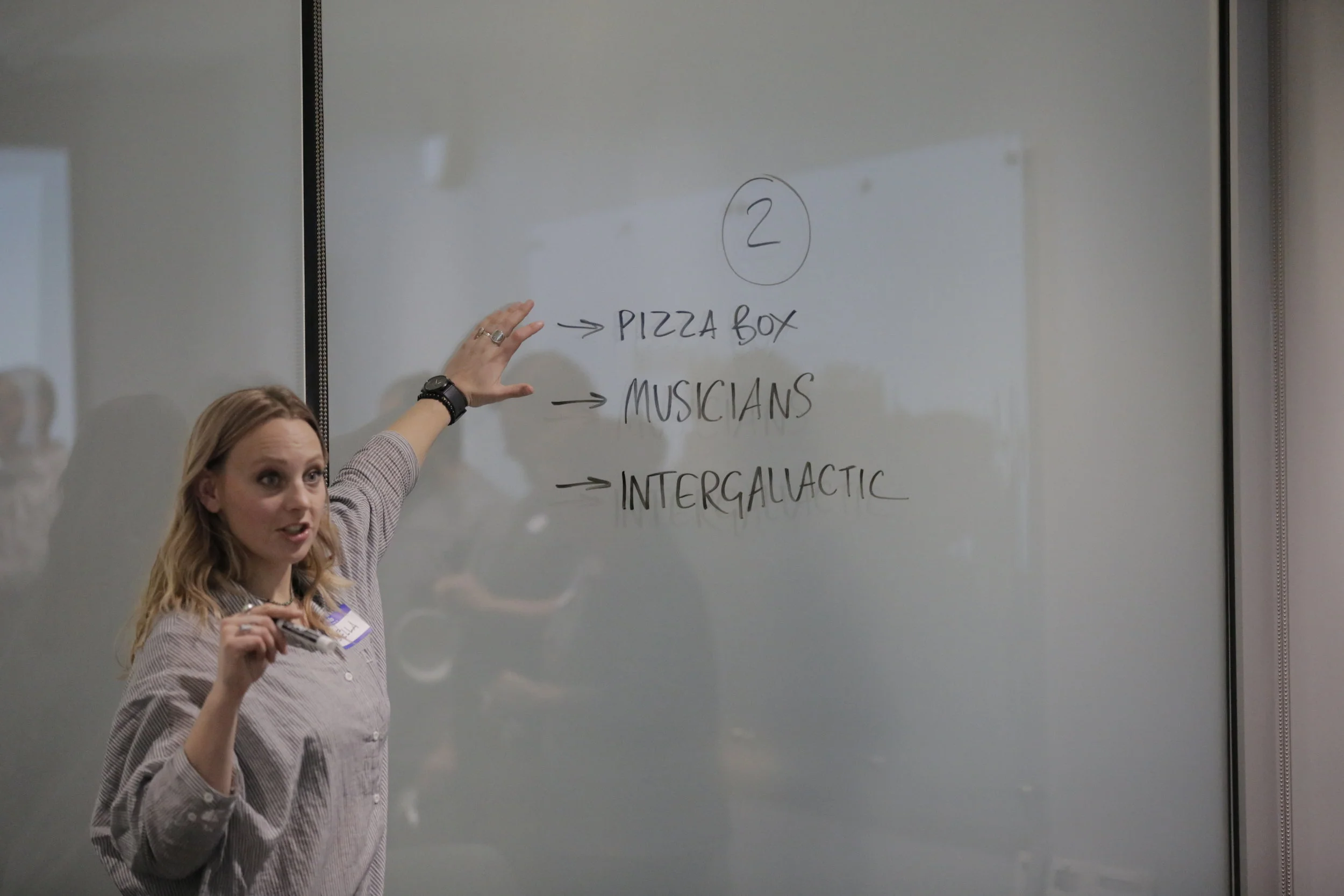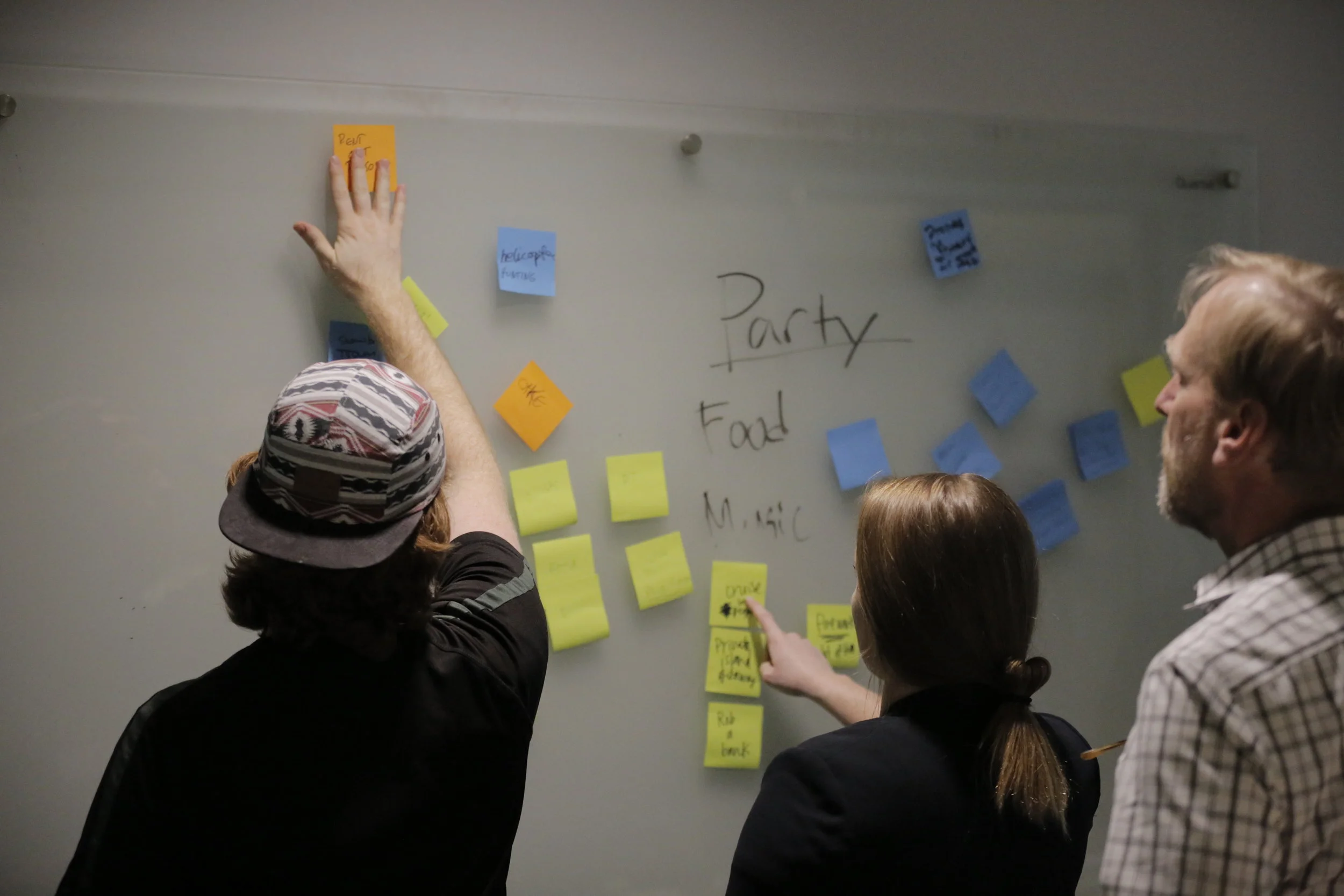Honing Curiosity @ MIT MediaLab
What is curiosity? What are the conditions of curiosity? Is it curated? Can you harness curiosity and begin to use it? How does one teach curiosity to enact radical change?
Curiosity follows the same neurological pathways as an itch and inhibits fear. Curiosity transfixed, reconfigures emotions, and begets pleasure, and we want to understand how to teach the skills of being curious. Through the lens of olfactory experiences, while integrating concepts from both scientific study and design, we are looking forward to exploring how to teach curiosity to people from all walks of life, and are curious ourselves of what we can learn about how we, as humans, formulate questions and share stories with others.
For this workshop, I partnered with Andreas Mershin of MIT, Chris Rose of RISD, Hannah Choi, and Linden Gledhill.
The first of what will become a series of workshops and courses exploring how we define and understand curiosity, we spent time exploring an MIT Olfactory Lab, understanding where the spark of curiosity comes from, and began to ask how we might begin to harness these questions to push the study of curiosity and exploration forward.
We’re always open to cross-discipline collaboration and exploration. Please reach out if interested.
SVA NYC West Lunch Connection
An exploratory lunchtime event to bring people from various siloed departments at the SVA West Campus to encourage and foster a cross-disciplinary community.
Ideation Workshop
Salt Lake Design Week; Design Sprint
Co-Facilitated a two hour design thinking workshop with Ian Shelledy as a part of Salt Lake Design Week 2018. This event was open to the public and was mostly attended by members of the Salt Lake design community. In it, we worked through the six steps of the design thinking process as presented by IDEO. Attendees worked in teams to re-examine long check-out lines at grocery stores and then presented rapid prototypes of their ideas. Rule #1 was to have fun with it.








"A Design sprint is a time-constrained, five-phase process that uses design thinking to reduce the risk when bringing a new product, service or a feature to the market."
Utah Valley University
UX/UI Club; Design Sprint
Facilitated a 2 hour design workshop to introduce the UX/UI Club to new ways of ideating and creating human experiences with empathy and find solutions that maybe wouldn't be discovered through traditional problem solving methods.
"A Design sprint is a time-constrained, five-phase process that uses design thinking to reduce the risk when bringing a new product, service or a feature to the market."
Branding Ideation
Human Centered Design MeetUp SLC; Design Sprint
Working with an up and coming truck with local entrepreneur, attendees worked in groups to develop initial ideas and direction for the new soul food truck. Arthur, the owner of the truck, made fried chicken so attendees could have a taste of what they're creating for.
A handful of great options were presented at the end of the day, with the crowd favorites coming from the kids in the group.
"A Design sprint is a time-constrained, five-phase process that uses design thinking to reduce the risk when bringing a new product, service or a feature to the market."
Impact Hub
ImpactHub Members; Introduction to Design Thinking Workshop
Part of an on-going series to bring design thinking to the public, this three-hour workshop brought people from around Salt Lake City together to learn the creative process and understand the human experience of dealing with parking in the city. Over the course of 3 hours, the attendees identified extreme cases and acted them out. Facilitated along-side fellow design thinkers & all around creative humans Dexter Francis & Dave Gibson.
"A Design sprint is a time-constrained, five-phase process that uses design thinking to reduce the risk when bringing a new product, service or a feature to the market."




